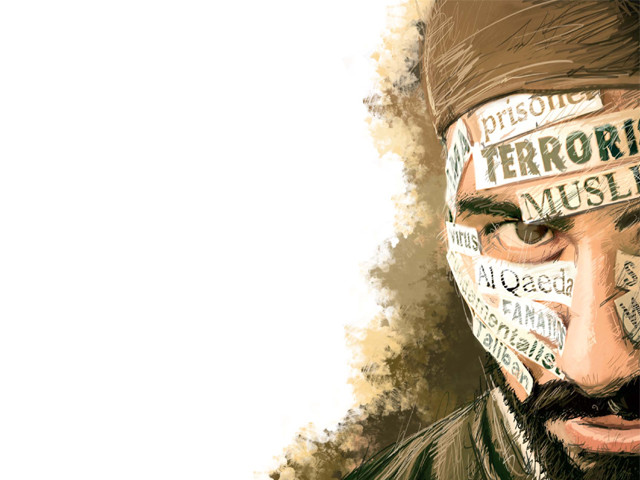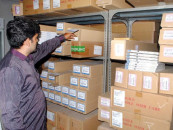Acts of terror and economic cost
With no end in sight, conflict continues to inflict losses to the economy.

With no end in sight, conflict continues to inflict losses to the economy.
The US has made the “War on Terrorism” the centerpiece of its global strategy since the attacks on the Pentagon and World Trade Centre. It has proclaimed leadership of a worldwide alliance to exterminate the scourge of terrorism.
But whatever the motives, the act of war, be it an offence, or an act of defence comes at an economic and social cost. There is more than some truth to the fact that often terrorism is rooted in social and economic deprivation.
In the immediate aftermath of the American invasion of Afghanistan in 2001, Al-Qaeda and the Afghan Taliban sought refuge in the Pakistani tribal belt due to the porous international border and started offering resistance to US forces from safe sanctuaries. Socio-economic and politico-religious conditions in the tribal region also favoured these militants.
The world is currently confronting terrorism in its different manifestations. After 9/11, terrorism has abruptly changed the socio-economic and geopolitical situation of the world. Pakistan is also facing the menace of terrorism which is eroding the country’s social structure, economic development and political system. Acts of terror are threatening law and order conditions, violating human rights, damaging basic infrastructure and killing economic opportunities.
In the post-9/11 scenario, effectively checking political violence and terrorism in Pakistan through preventive legal measures remains a challenge at both the state and local levels. The immediate costs of terrorist acts are loss of human lives, destruction of property and infrastructure and curtailment of short-term and eventually, long-term economic activity.
Additionally, terrorism creates uncertainty, reduces confidence and increases risk perception, leading to lower investment and weak economic growth. According to official estimates, Pakistan has suffered a loss of around $35 billion to $40 billion since 2001-02 due to the war on terror. Its economic growth came to a near halt at around 2% in fiscal year 2009, not only as a result of the global financial crisis, but also because of internal issues.
The war on terror and rehabilitation of internally displaced persons consumed a big chunk of the government’s financial resources, widening the fiscal deficit and halting economic growth.
According to experts in international economics, the soft image of a country is like a cashable commodity, as it is an important source of attracting foreign direct investment. FDI fell to $463 million in the first quarter against $1.116 billion during the same period the previous year, a decline of 58.5%.
The writer is a researcher at the Sustainable Development Policy Institute
Published in The Express Tribune, September 23rd, 2013.
Like Business on Facebook, follow @TribuneBiz on Twitter to stay informed and join in the conversation.



















COMMENTS
Comments are moderated and generally will be posted if they are on-topic and not abusive.
For more information, please see our Comments FAQ